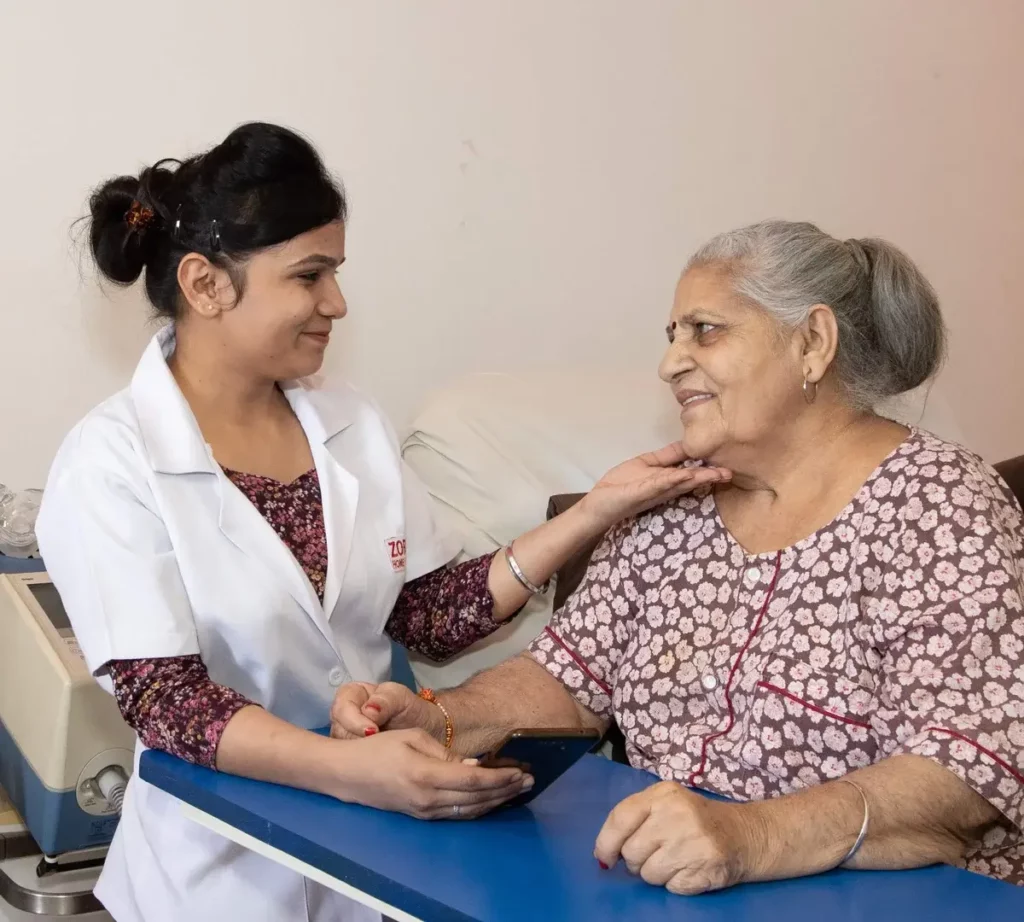Anyone who receives support and care values independence because it is associated with dignity, fulfillment, confidence, and control. When providing care for the elderly at their homes or a specialized facility, maintaining independence is necessary for boosting the individual’s self-esteem and happiness. Reaching out to home health care agencies in Philadelphia or other areas can allow you to consult with professionals and find the right person to care for your loved one, without taking away their freedoms and independence. This can be a difficult, transitional time, and it’s important to approach it carefully.

Removing independence from people’s lives can lead to depression, anxiety and other undesirable consequences. They start questioning their ability to manage self-care, which can diminish their wellbeing. Being able to retain independence and having high expectations of one’s capabilities has a positive effect on the will to live.
This is why many families seek support from a Philadelphia Home Care Agency or similar services in their locality, as these agencies tend to provide essential assistance while allowing seniors to maintain their autonomy and dignity.
Promoting Independence Among the Elderly.
- It is important to encourage independence in all elderly care situations within various aspects of daily life. This involves supporting and enabling the elderly person to have an active body and mind according to their capabilities. This may be a simple task such as drying the body after a bath or being social active regularly.
- Making an effort to increase independence may be resisted, especially if the person has extensive physical limitations. However, a consistent and supportive approach will enable individuals with limited mobility to strive for a certain level of independence.
- An advantage of encouraging independence is paving the way for achievement and the pride of accomplishing various tasks. Activities and responsibilities that are handled independently allow the elderly to have goals for each day without feeling like they have to depend on someone else.
Physical and Mental Independence.
- With in home care, being able to control different aspects of daily activities empowers the elderly person, improves the mood and overall health. Independence can be both physical and mental, while considering certain activities that can be adjusted to the person’s capabilities.
- Independent activities such as using public transport, preparing light meals, using a computer, dressing and moderate exercise are all worthwhile ways of leading a fulfilling life. It is always important to make sure that all situations that the elderly person is involved in are safe.
- Before attempting to include independent activities in the elderly person’s routine, the caregiver must gauge the suitability of each task.
- Encouraging independence strengthens the relationship between elderly individuals and their caregivers. This makes it easier for older people to adjust to this new chapter in their lives.
Getting Older and Coping with the Changes.
The natural aging process can be sensitive, and elderly people require comfort and care that will keep them happy and fulfilled. Without adequate awareness regarding the changes that are associated with getting older, family members may find it challenging to cope with such changes.
Various issues affect a senior’s life and behavioral patterns that can compromise their dignity, health and financial independence. Understanding the concerns and needs of elderly people will improve their quality of life. They need emotional support, attention and care, as they navigate the changes in their lives.
To enhance safety and provide additional support, families can consider using fall detection devices. These devices are designed to detect falls immediately and alert caregivers or emergency services, ensuring that seniors receive timely help and reducing the risks associated with living independently.
Conclusion.
Your elderly loved one wants to be able to maintain control. It is important to respect their wishes, be patient, and let them know that they are not going through the changes in their lives alone. The elderly need to be reminded that accepting assistance will make it possible for them to remain independent for a longer time.